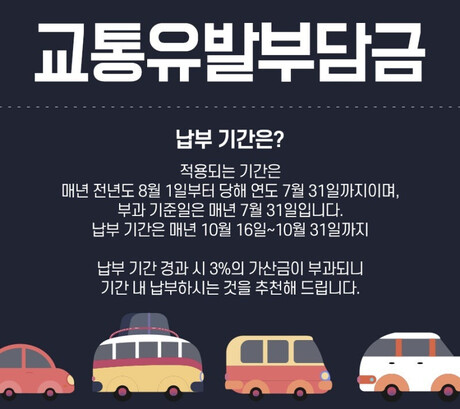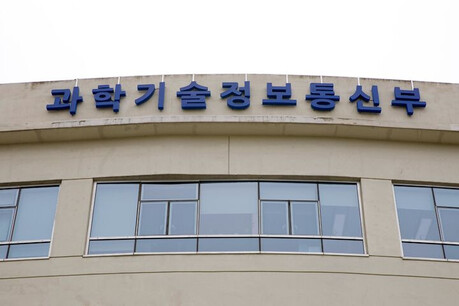
South Korea's National Health Insurance Service has announced revisions to its premium calculation system for the self-employed, or region-based subscribers. Effective immediately, premiums will be determined based on the previous year's income and the current year's property value. These changes aim to ensure a more equitable distribution of healthcare costs among the population.
The new system takes into account a broader range of income sources, including interest, dividends, business profits, wages, pensions, and other miscellaneous income. However, certain income types, such as non-taxable interest and dividends below a specific threshold, are exempt. Additionally, while business income is generally included, rental income from residential properties below a certain value is also subject to premiums.
Property taxes are also considered when calculating premiums. The value of owned real estate, such as homes, buildings, and land, is assessed. However, a basic property exemption is applied, and individuals with a single home and limited assets may qualify for additional deductions. Furthermore, the government has removed car ownership as a factor in premium calculations, providing relief to many taxpayers.
To assist individuals in understanding their premiums, the National Health Insurance Service has developed an online calculator. This tool allows users to estimate their monthly payments based on their specific financial circumstances.
The recent adjustments to South Korea's health insurance premium system reflect the government's ongoing efforts to ensure a fair and sustainable healthcare system. By aligning premiums more closely with individual income and property, the government aims to distribute the costs of healthcare equitably among the population.
[Copyright (c) Global Economic Times. All Rights Reserved.]






























